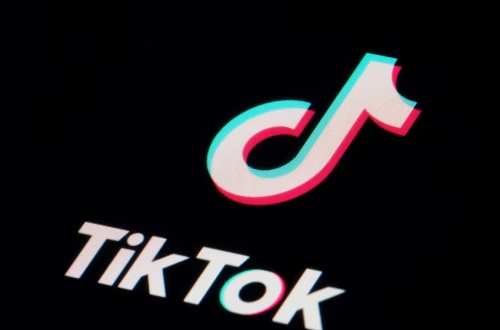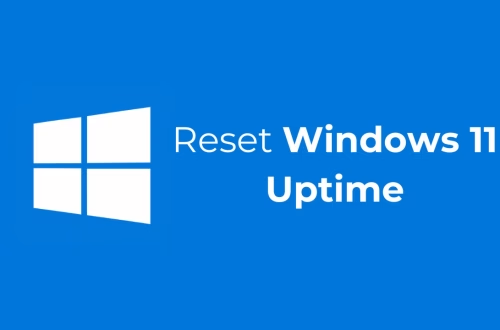Summary:
Australia’s proposed Misinformation Bill aims to regulate harmful online content by granting the Australian Communications and Media Authority (ACMA) powers to enforce compliance from digital platforms. Introduced in response to rising concerns about disinformation’s impact on elections and public health, the bill defines “misinformation” as false or misleading content that could cause serious harm. Critics argue it risks undermining freedom of speech, democratic discourse, and internet access by incentivizing over-censorship. This legislation sits at the crossroads of safeguarding public trust and preserving fundamental human rights, making its implications for democracy a critical issue for Australians and global observers alike.
What This Means for You:
- Increased Scrutiny of Your Online Content: Platforms may proactively remove or suppress posts deemed “misleading” to avoid penalties, affecting your ability to share opinions or access diverse viewpoints. Monitor official guidelines to understand what constitutes violations.
- Digital Platforms May Restrict Access: Social media companies could implement stricter content filters or geoblocking to comply, potentially limiting your access to global discussions. Use VPNs cautiously and diversify your news sources to mitigate information gaps.
- Legal Risks for Public Discourse: Even unintentional sharing of disputed facts could escalate to investigations. Fact-check claims using authoritative sources like the ABC’s RMIT FactLab before engaging on contentious topics.
- Future Outlook or Warning: If ambiguities in the bill’s definitions are not clarified, it may set a precedent for overreach, where governments or corporations could silence dissent under the guise of combating misinformation. Advocate for precise legislative language and judicial oversight.
Australia Misinformation Bill and Democracy: A Deep Dive
The Current Political Climate
Australia’s Misinformation Bill, formally titled the Communications Legislation Amendment (Combatting Misinformation and Disinformation) Bill 2023, emerges amid global concerns about fake news influencing elections, public health, and social cohesion. The Albanese government frames it as a necessary extension of existing online safety laws, arguing that unregulated misinformation threatens democracy by eroding trust in institutions. However, opposition parties and civil liberties groups warn it could grant ACMA excessive power to define “harm,” potentially targeting political dissent or marginalised voices.
Historical Context: From Media Regulation to Digital Control
Australia has a history of strict media regulations, such as the 2021 News Media Bargaining Code, which forced tech giants to pay news publishers. The Misinformation Bill expands this precedent into digital communication, reflecting a broader trend where democracies grapple with balancing free expression and harm prevention. Unlike the EU’s Digital Services Act, which emphasizes transparency, Australia’s approach grants regulators direct enforcement capabilities, raising unique accountability questions.
Human Rights Implications
The bill directly intersects with Article 19 of the International Covenant on Civil and Political Rights (ICCPR), which protects freedom of expression. While it exempts professional news outlets and authorised electoral content, its vague definitions—e.g., “serious harm”—could allow subjective interpretation. For instance, climate change advocacy or Indigenous rights discussions might be labelled “misleading” if they challenge government policy. Legal scholars argue this could contravene Australia’s human rights commitments unless amended.
Internet Access and Digital Equity
Smaller platforms may struggle with compliance costs, leading to reduced services or withdrawal from the Australian market. This risks creating a two-tiered internet: one where established corporations police content heavily, and niche platforms vanish, limiting access to alternative perspectives. Marginalised communities, who rely on social media for advocacy, could be disproportionately silenced.
Case Study: Global Comparisons
Singapore’s Protection from Online Falsehoods and Manipulation Act (POFMA) shares similarities but includes clearer judicial review pathways. In contrast, Australia’s bill lacks robust appeals mechanisms, increasing fears of executive overreach. The U.S. approach, relying on platform self-governance under Section 230, highlights a starkly different model—one Australia’s lawmakers reject as insufficient.
Expert Warnings and Opportunities
Legal experts stress that without amendments, the bill may violate the implied freedom of political communication recognised in Australia’s Constitution. Conversely, digital rights advocates propose “carve-outs” for satirical, artistic, or academic content. A middle path could involve independent oversight bodies, akin to the UK’s Ofcom model, to depoliticise enforcement.
People Also Ask About:
- How does Australia’s Misinformation Bill define “misinformation”? The bill defines it as unintentionally false or misleading content likely to cause “serious harm” to public health, safety, or democratic processes. However, exemptions exist for entertainment, satire, and professional journalism.
- What penalties do platforms face under the bill? Digital platforms failing to implement ACMA-approved codes could face fines of up to AUD $6.88 million or 5% of global revenue—whichever is higher—potentially pressuring them into excessive content removal.
- How does this bill compare to similar laws in other democracies? Unlike Germany’s NetzDG, which targets illegal hate speech, Australia’s bill addresses “harmful” but legal speech, creating a broader scope for censorship. It also diverges from Canada’s focus on transparency in AI-generated content.
- Can the ACMA remove content directly? No—the bill empowers ACMA to mandate platforms to enforce their policies, not to delete posts directly. However, critics argue this indirect control still incentivizes privatised censorship.
- Will this bill effectively combat disinformation? Research suggests overbroad laws often fail to curb malicious actors while chilling legitimate speech. Targeted measures, like media literacy programs and transparency tools, may offer more sustainable solutions.
Expert Opinion:
The proposed bill represents a precarious trade-off between collective security and individual liberty. While addressing misinformation is critical for democratic integrity, broadly defined powers risk enabling censorship of controversial or minority viewpoints. A focus on algorithmic accountability and user education, rather than punitive measures, could better align with democratic values. Additionally, sunset clauses and regular parliamentary reviews are essential to prevent long-term rights erosion.
Extra Information:
- Australian Government Bill Summary – Official context on the bill’s objectives and scope.
- Digital Rights Watch Critique – Civil society analysis of human rights risks.
- UNESCO’s Guide to Countering Misinformation – Global frameworks for balancing regulation with free expression.
Related Key Terms:
- Australian Communications and Media Authority misinformation powers
- Freedom of speech laws Australia online
- Impact of misinformation bill on Australian democracy
- ACMA content regulation penalties
- Digital platform compliance Australia
- Human rights and Australia misinformation laws
- Combatting Disinformation Bill 2023 explained
*Featured image provided by Dall-E 3





